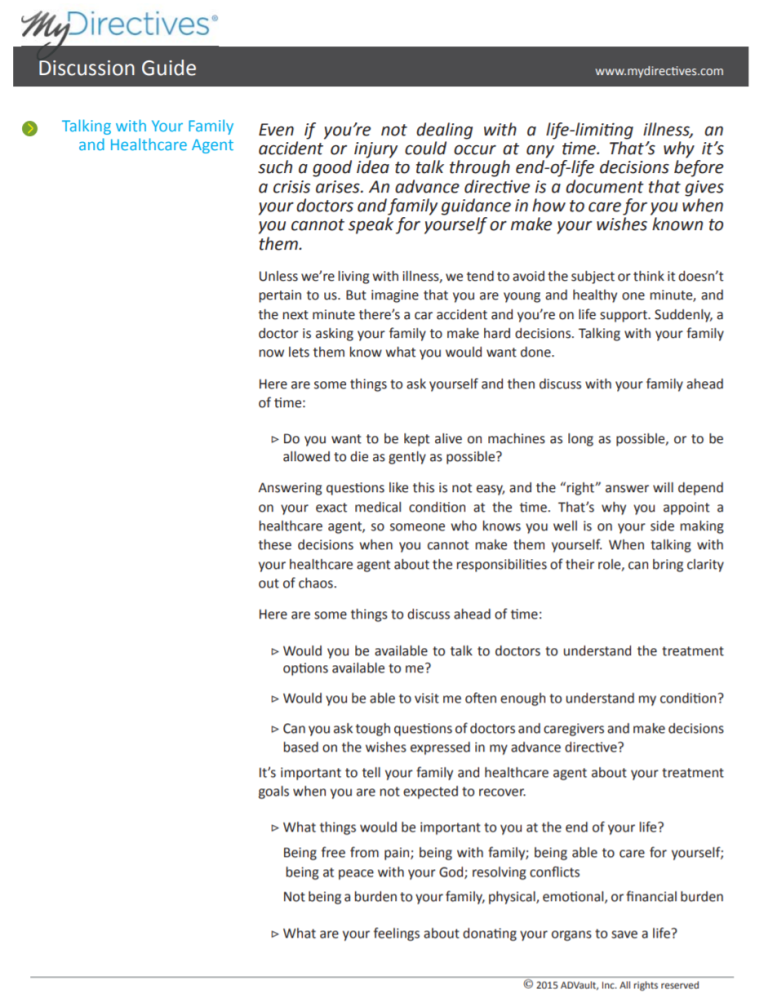Aside from the usual resolutions, such as “get swole,” “read a book a week,” “call my Mom more often,” I am adding “write an advance medical directive” to my New Year’s resolutions.
Advanced medical directives are documents that allow you or a loved one to entrust a healthcare agent (e.g., your mother, doctor, or loved one) to ensure that your goals and priorities of care are followed should you become unable (e.g., think incompetency, incapacity, etc.) to make a healthcare decision.
Only 37 percent of Americans have advanced directives for end-of-life care (Courtright et al. 2017).
In early June, at a coffee shop in London, a bioethicist and I sat at a table tucked behind the sound-mitigating partition. Our conversation forayed into the upcoming opt-out campaign in the U.K., an effort to pass legislation that would register all English citizens, and hopefully Scottish and Irish, as potential organ donors. Questions on family vetos and decision-making demanded our attention. Is organ donation an individual choice? Did it matter if the family would experience moral distress if organs were donated against their will? Was a presumed consent system ethical?
What struck me the most of what she shared was a simple observation: “Death happens to each of us, but also to the people we leave behind.”
Writing an advance directive is important to me because I have a family. While I am grateful that I am healthy, I understand that illness does not discriminate and that trauma is never opportune. A directive gives me agency in deciding how I wish my healthcare to be delivered should I not be able to advocate for myself. It also may lessen the distress my family and loved ones may experience in the uncertainty of what I would want in a tragic medical circumstance.
While neither organ donation nor end-of-life care is a comfortable topic, they will be inevitable conversations most people, if not all, will have during life. The eventuality of death need not be something for which we can plan or prepare. I have the impression that my discomfort with death comes from unfamiliarity with it. While historically death was present in family life, with the medicalization of death, our engagement with the death has been secluded places other than our homes. The natural death is hidden, and in its absence are images of people in hospital beds or tragically, traumatic endings. I believe a family conversation about end-of-life care can help us feel comfortable or prepared with the eventuality of death.
“A few conclusions become clear when we understand this: that our most cruel failure in how we treat the sick and the aged is the failure to recognize that they have priorities beyond merely being safe and living longer; that the chance to shape one’s story is essential to sustaining meaning in life; that we have the opportunity to refashion our institutions, our culture, and our conversations in ways that transform the possibilities for the last chapters of everyone’s lives.”
― Being Mortal: Medicine and What Matters in the End
If you find health-oriented goals among your New Year’s resolutions, are looking for ideas for family conversations, or wish to have greater agency in your healthcare, consider:
- Having a conversation with your family on advanced medical directives, and,
- Documenting it.
Advance medical directives are documents to which you can return, and hopefully, every few years (e.g., you might want to update who your healthcare agent depending on your timepoint in life). I’ve linked a discussion guide below that can help get a conversation with your physician or family started.
How am I writing my advance medical directive? I’m thinking about using MyDirectives because of its easy-to-use platform, thought-provoking questions for goals of care, and video-recording of responses. If you have any thoughts or platforms you’ve used, please comment below. I would love to hear about them!
Alternative platforms other than MyDirective:
A discussion guide for your family or doctors: Discussion-Guide

Articles that have helped me think through what I would like for goals of care:
- What does it mean to die?
- One Day Your Mind May Fade. At Least You’ll Have a Plan.
- Letting Go: What should medicine do when it can’t save your life?
- Various NYT articles on Death & Dying
- Ethics in Medicine: Advance Care Planning & Advance Directives
- Living wills and advance directives for medical decisions
Thanks for reading!
